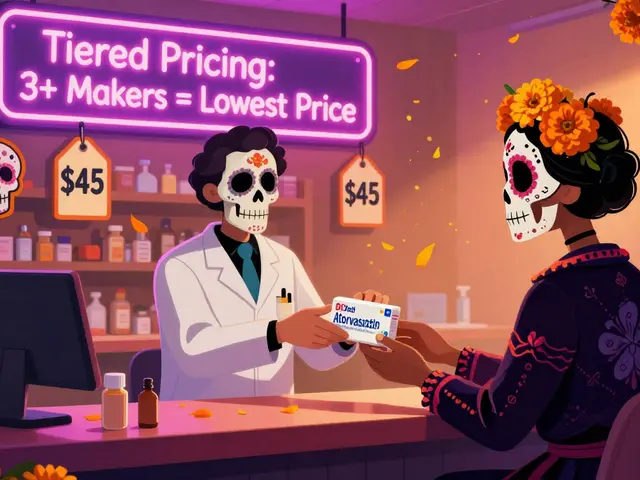Modern Dietary Supplement Guide: What Works, What to Avoid
People buy supplements to boost energy, sleep better, or fill nutrient gaps. But modern dietary supplement labels are noisy. This short guide helps you spot useful products, avoid waste, and stay safe.
First, know your goal. Want vitamin D because you live in a cloudy place? Trying creatine for strength? Pick one clear goal per product. Supplements aren’t magic; they help specific needs when diet or lifestyle fall short.
How to pick an effective supplement
Check the ingredient list. Look for active ingredients with clear doses, not a long list of proprietary blends. If a bottle hides amounts in a blend, skip it. Good labels show ingredient names, exact milligrams, and serving size.
Choose evidence-based ingredients. For example, vitamin D3, omega-3 (EPA/DHA), creatine monohydrate, and plain probiotic strains like Lactobacillus rhamnosus have human trials backing them. Herbal claims like “boosts metabolism” without trial data should trigger skepticism.
Prefer third-party testing. Look for seals from NSF, USP, or ConsumerLab. Those tests don’t guarantee benefits but confirm what’s in the bottle and that contaminants like heavy metals aren’t present.
Safety, dosing, and interactions
Start with the recommended dose and don’t stack multiple products with the same ingredient. Too much vitamin A, iron, or vitamin D can be harmful. If you take prescription meds, check interactions—St. John’s wort and warfarin are a classic bad mix.
Keep realistic expectations. Supplements usually produce small, steady benefits over weeks, not instant changes. Track one outcome—better sleep, fewer colds, higher training load—so you can judge if the product helps.
Watch for red flags. Bold promises like “cures” or “lose 20 pounds in a week” are scams. Also avoid products that require buying expensive subscriptions to get results or that pressure you with limited-time deals.
Where to buy matters. Trusted local pharmacies, established online retailers, and brands with transparent customer service are safer than unknown marketplaces. Read reviews but focus on verified buyers and specific results rather than hype.
Cost doesn’t guarantee quality, but extremely cheap options may cut corners on purity or dosing. Compare ingredient amounts per serving, not just price per bottle. A more accurate metric is cost per effective dose.
Test one product at a time. If you start multiple supplements at once, you won’t know which one helped or caused side effects. Give each product four to eight weeks before judging results unless a faster effect is expected.
If in doubt, ask a pro. Pharmacists, dietitians, and your doctor can point out interactions and whether a supplement addresses a real deficiency. Bring labels and list current medications for the clearest advice.
Modern dietary supplements can help when chosen carefully. Focus on clear goals, evidence-backed ingredients, proper dosing, and safe sourcing. That approach saves money and keeps you healthier. Use common sense always.

Well, folks, you won't believe this, but slithering their way into the spotlight are none other than our scaly friends - snakes! That's right, snake skin, a remedy rooted deep in ancient medicine, is now taking the modern dietary supplement industry by storm. Believe it or not, this unique ingredient is being hailed as the next big thing for its array of potential health benefits. I know it sounds like something out of a Harry Potter potion class, but hey, if it makes us feel like we've got the energy of The Boy Who Lived, why not give it a whirl? So, buckle up as we dive into this slippery subject of snake skin, the old-school 'charm' turned modern-day wellness wonder!
Chris Gore Aug 2, 2023




